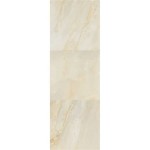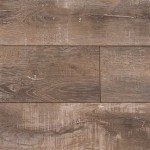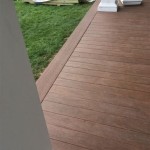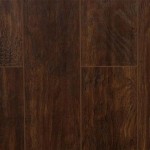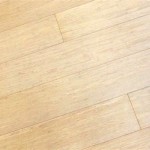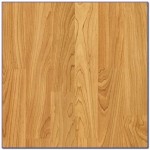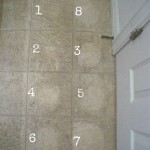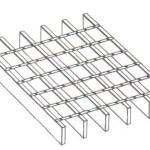Introducing the Essential Aspects of Stick Down Flooring Tiles
Stick down flooring tiles have emerged as a popular choice for both residential and commercial spaces due to their durability, ease of installation, and versatility. These tiles are bonded directly to the subfloor using a strong adhesive, creating a seamless and secure flooring solution. Understanding the essential aspects of stick down flooring tiles can help you make informed decisions when choosing and installing them.
Types of Stick Down Flooring Tiles
Stick down flooring tiles come in various materials, including:
- Vinyl: Waterproof, durable, and available in a wide range of styles
- Linoleum: Natural and environmentally friendly, offering antibacterial and antistatic properties
- Rubber: Resilient, sound-absorbing, and suitable for high-traffic areas
- Cork: Sustainable, insulating, and naturally hypoallergenic
Adhesive Requirements
The type of adhesive used for stick down flooring tiles is crucial for ensuring adhesion and durability. It's essential to choose an adhesive specifically designed for the type of tile you're using. Different adhesives may be required for vinyl, linoleum, rubber, or cork tiles.
When selecting an adhesive, consider the following factors:
- Open time: The time it takes for the adhesive to set up
- Dry time: The time it takes for the adhesive to fully cure
- Shear strength: The adhesive's ability to resist displacement
- Moisture resistance: Important for areas prone to water or humidity
Installation Considerations
Proper installation is critical for the longevity and performance of stick down flooring tiles. Here are some key considerations:
- Subfloor preparation: The subfloor must be smooth, level, and free of moisture or contaminants
- Priming: Priming the subfloor can improve adhesion and prevent moisture penetration
- Trowel selection: The appropriate trowel ensures proper adhesive coverage
- Bonding: Tiles must be pressed firmly into the adhesive to achieve a strong bond
- Rolling: A heavy roller can help remove air pockets and ensure proper adhesion
Maintenance and Care
Regular maintenance and care are essential to maintain the beauty and longevity of stick down flooring tiles:
- Sweep or vacuum: Sweep or vacuum regularly to remove loose dirt and debris
- Mop: Vinyl and linoleum tiles can be mopped using a damp mop and a mild cleaning solution
- Avoid strong chemicals: Harsh chemicals can damage the tiles or adhesive
- Protect from sunlight: Protect tiles from direct sunlight, as it can fade their color
- Spot repairs: In case of damage, individual tiles can be replaced
Advantages and Disadvantages
Advantages:
- Durable and long-lasting
- Easy to install and replace
- Wide range of styles and materials
- Can be waterproof or moisture-resistant
Disadvantages:
- Can be more expensive than other flooring options
- Requires proper installation to ensure adhesion
- Difficult to remove once installed

How To Install L And Stick Tile Over Linoleum My Homier Home

Malmo Luxury Vinyl Stick Down Flooring Feature Tile

L And Stick Flooring 5 Myths Debunked Inc
:strip_icc()/SCF_152_03-91e95b5dd18f43e29512da1e807d1661.jpg?strip=all)
How To Lay L And Stick Tile Floors

Floorpops Comet Self Adhesive Floor Tiles Dunelm

Handy How To Guide For Installing L Stick Tile Over Linoleum

Luxury Vinyl Flooring Vs Glue Direct Wood
:strip_icc()/SCF_152_05-5c4b3003e6a34d78ab843eab12000116.jpg?strip=all)
How To Lay L And Stick Tile Floors

Zabini Light Stick Down Vinyl Tiles Kitchen Flooring Bathroom Tile Giant

Glue Down Lvt Stick Floor Tiles Free Samples
Related Posts

